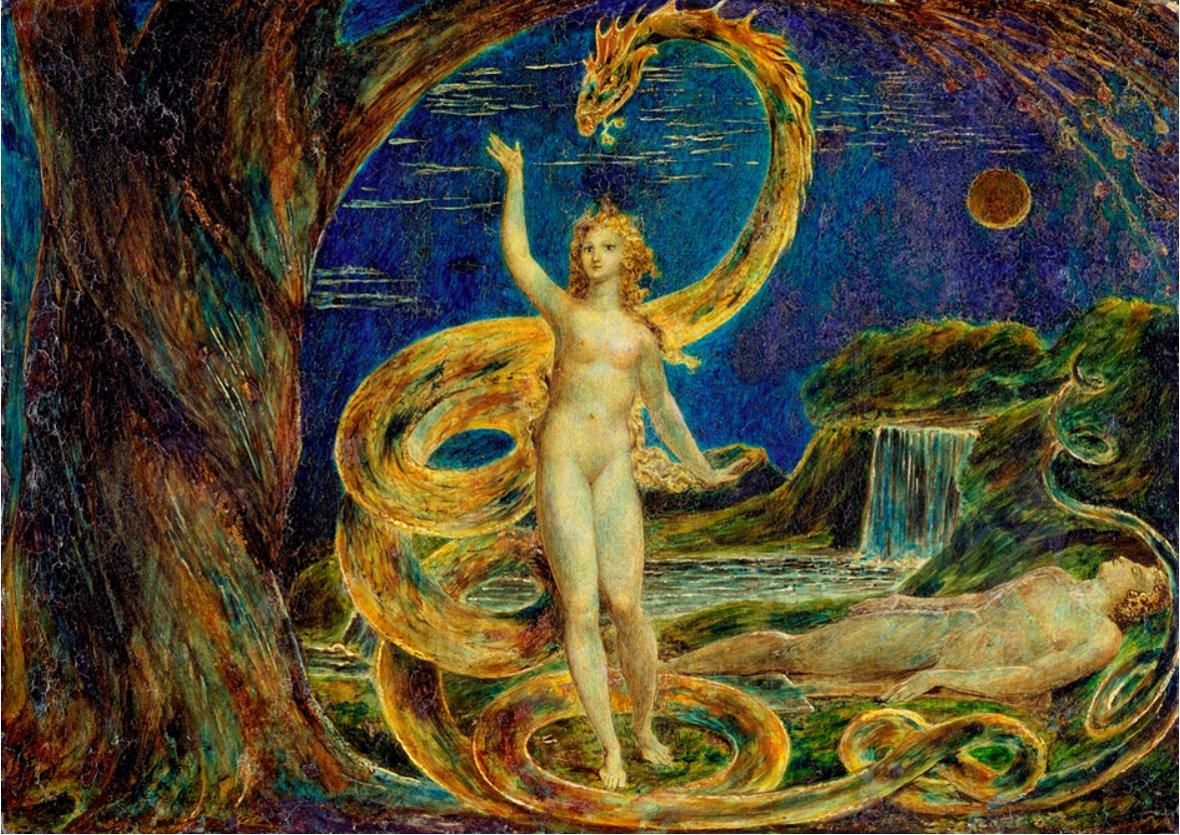|
Yuzo Kawashima
was a Japanese film director, most famous for making tragi-comic films and satires. Career Kawashima was born in Mutsu, Aomori in the Shimokita Peninsula. From his youth, he suffered from a paralysis that affected his right leg and arm. He was educated at Meiji University, where he was a member of the film study circle. He entered the Shōchiku studios in 1938 and served as an assistant director under Minoru Shibuya and Keisuke Kinoshita before directing his first film, ''The Man Who Has Returned'', in 1944. At Shōchiku after the war, he made many comedies before switching to Nikkatsu in 1955, when the studio resumed film production. There he made such notable works as ''Burden of Love'' (1955), ''Suzaki Paradise: Akashingō, Suzaki Paradise: Red Light District'' (1956), and ''Sun in the Last Days of the Shogunate'' (1957), which was later voted the fifth best Japanese film of all time in Kinema Junpō's poll of 140 film critics and filmmakers in 1999. In his remaining years, Ka ... [...More Info...] [...Related Items...] OR: [Wikipedia] [Google] [Baidu] |
Mutsu, Aomori
is a city located in Aomori Prefecture, Japan. , the city had an estimated population of 56,244, and a population density of 65 persons per km2, in 28,778 households. The total area of the city is , making it the largest municipality in Aomori Prefecture in terms of area. Geography Mutsu occupies most of Shimokita Peninsula and is bordered by Mutsu Bay to the south and Tsugaru Strait to the north, and is the northernmost city on the island of Honshū. The volcanic Osorezan Mountain Range extends across the northern portion of the city, and includes a number of caldera lakes. Parts of the city is within the limits of the Shimokita Hantō Quasi-National Park, including Mount Osore, Yagen Valley, and Taijima. Neighboring municipalities *Aomori Prefecture ** Kazamaura ** Ōma **Higashidōri ** Sai **Yokohama Climate Mutsu has a rare oceanic climate (Köppen: ''Cfb'') or warm-summer humid continental climate (''Dfb'') by 0 °C isoterm, the south of the city being the norther ... [...More Info...] [...Related Items...] OR: [Wikipedia] [Google] [Baidu] |
Temptation On Glamour Island
Temptation is a desire to engage in short-term urges for enjoyment that threatens long-term goals.Webb, J.R. (Sep 2014). Incorporating Spirituality into Psychology of temptation: Conceptualization, measurement, and clinical implications. Spirituality in Clinical Practice. 1.3. PP: 231-241 In the context of some religions, temptation is the inclination to sin. Temptation also describes the coaxing or inducing a person into committing such an act, by manipulation or otherwise of curiosity, desire or fear of loss something important to a person. In the context of self-control and ego depletion, temptation is described as an immediate, pleasurable urge and/or impulse that disrupts an individuals ability to wait for the long-term goals, in which that individual hopes to attain. More informally, temptation may be used to mean "the state of being attracted and enticed" without anything to do with moral, ethical, or ideological valuation; for example, one may say that a piece of ... [...More Info...] [...Related Items...] OR: [Wikipedia] [Google] [Baidu] |
Ojōsan Shachō
, lit. "Madame Company President", is a 1953 Japanese black-and-white musical film directed by Yuzo Kawashima. Cast * Hibari Misora as Madoka Ohara * Ichirō Arishima as Tetsutaro Kaitani * Takiko Egawa as musical actress * Kodayu Ichikawa as Juzaburo Ohara * Kokinji Katsura as Sanpachi Sakurakawa * Shoichi Kofujita as Mr. O * Yōko Kosono as Kikuko Morikawa * Tatsuo Nagai as Mito * Shinyo Nara as a tutor Sugiura * Shirō Osaka as Keigo Namiki * Keiji Sada as Goro Akiyama * Takeshi Sakamoto as Ippachi Sakurakawa * Mutsuko Sakura as Osugi Morikawa * Ichirō Shimizu as Senzo Akakura * Akira Takaya as Gamaroku * Norikazu Takeda as Matsuzo Morikawa * Jun Tatara as Yasuda * Yumeji Tsukioka was a Japanese film actress. She appeared in more than 150 films between 1940 and 1994. She starred in the film ''The Temptress and the Monk'', which was entered into the 8th Berlin International Film Festival. Her husband was the director Umets ... as Yumiko Kaitani References E ... [...More Info...] [...Related Items...] OR: [Wikipedia] [Google] [Baidu] |
The Path Of Sincerity
''The'' () is a grammatical article in English, denoting persons or things already mentioned, under discussion, implied or otherwise presumed familiar to listeners, readers, or speakers. It is the definite article in English. ''The'' is the most frequently used word in the English language; studies and analyses of texts have found it to account for seven percent of all printed English-language words. It is derived from gendered articles in Old English which combined in Middle English and now has a single form used with pronouns of any gender. The word can be used with both singular and plural nouns, and with a noun that starts with any letter. This is different from many other languages, which have different forms of the definite article for different genders or numbers. Pronunciation In most dialects, "the" is pronounced as (with the voiced dental fricative followed by a schwa) when followed by a consonant sound, and as (homophone of pronoun ''thee'') when followed by a v ... [...More Info...] [...Related Items...] OR: [Wikipedia] [Google] [Baidu] |
Tonkatsu Taishō
is a Japanese dish that consists of a breaded, deep-fried pork cutlet. It involves coating slices of pork with panko (bread crumbs), and then frying them in oil. The two main types are fillet and loin. Tonkatsu is also the basis of other dishes such as ''katsukarē'' and ''katsudon''. Etymology The word ''tonkatsu'' is a combination of the Sino-Japanese word ''ton'' () meaning "pig", and ''katsu'' (), which is a shortened form of ''katsuretsu'' (), an old transliteration of the English word ''cutlet.'' History Tonkatsu originated in Japan during the Meiji Era in the late 19th century, a dish derived from European-style breaded and fried meat cutlets. European katsuretsu (loanword/gairaigo for cutlet) was usually made with beef; the pork version was created in 1899 at a restaurant serving European-style foods, named Rengatei in Tokyo, Japan. It's a type of yōshoku — Japanese versions of European cuisine invented in the late 19th and early 20th centuries — and was cal ... [...More Info...] [...Related Items...] OR: [Wikipedia] [Google] [Baidu] |
Oh Citizens!
Oh, OH, or Oh! is an interjection, often proclaiming surprise. It may refer to: Arts and entertainment Music Albums * ''Oh!'' (Girls' Generation album), 2010 * ''Oh!'' (ScoLoHoFo album), 2003 * ''OH (ohio)'', by Lambchop, 2008 * ''Oh!'', an EP that came with the preorders of ''Oh! Gravity.'' by Switchfoot, 2006 Songs * "O (Oh!)", 1920 by Ted Lewis, 1953 by Pee Wee Hunt * "Oh" (Ciara song), 2005 * "Oh!" (Girls' Generation song), 2010 * "Oh!" (Pink Lady song), 1981 * "Oh" (Stray Kids song), 2021 * "Oh!", by Boys Noize from '' Oi Oi Oi'' * "Oh!", by The Breeders from '' Pod'' * "Oh", by Dave Matthews from ''Some Devil'' * "Oh", by Fugazi from ''The Argument'' * "Oh", by Juliana Hatfield from ''Made in China'' * "Oh!", by Micky Green from '' White T-Shirt'' * "Oh!", by Sleater-Kinney from ''One Beat'' * "Oh", by Spratleys Japs from ''Pony'' * "Oh!", by The Trudy * "Oh," by Underworld, recorded for the soundtrack to A Life Less Ordinary, 1997 Other media * Oh! (TV channel), a ... [...More Info...] [...Related Items...] OR: [Wikipedia] [Google] [Baidu] |
The Follower (1956 Film)
Follower or variants may refer to: People and roles * Follower (Australian rules football), Australian rules position * Follower, a colloquial term for a debt collector * Camp follower, a civilian who follows in the wake of an army *Friending and following on social networks **Ghost followers *Groupie, a fan or aficionado Arts, entertainment, and media Films * ''Followers'' (2000 film), an American film * Followers (2021 film), a British horror film *''The Follower'' (1984 film), Soviet film directed by Rodion Nakhapetov *''The Follower'' (2014 film), film directed by Dennis Gansel *''The Followers'', 1939 television film of the play by Harold Brighouse, with Austin Trevor, Marjorie Mars, Marjorie Lane Literature * "Follower" (short story), a 1990 story by Orson Scott Card *''Follower'', novel by Stephen Gallagher *''Followers'', teen horror novel by Anna Davies 2014 * "The Follower" (poem), a poem by Seamus Heaney * '' Jedi Apprentice: The Followers'', a Star Wars novel ... [...More Info...] [...Related Items...] OR: [Wikipedia] [Google] [Baidu] |
Eijanaika (film)
is a 1981 Japanese film by director Shohei Imamura. It was screened in the Un Certain Regard section at the 1981 Cannes Film Festival. Plot The film depicts carnivalesque atmosphere summed up by the cry "Ee ja nai ka" ("Why not?") in Japan in 1867 and 1868 in the days leading to the Meiji Restoration. It examines the effects of the political and social upheaval of the time, and culminates in a revelrous march on the Tokyo Imperial Palace, which turns into a massacre. Characteristically, Imamura focuses not on the leaders of the country, but on characters in the lower classes and on the fringes of society. Cast * Kaori Momoi - Ine * Shigeru Izumiya - Genji * Shigeru Tsuyuguchi - Kinzo * Masao Kusakari - Itoman * Mitsuko Baisho - Oko * Yōhei Kōno - Hara Ichinoshin * Taiji Tonoyama * Junzaburō Ban - Toramatsu * Nenji Kobayashi - Matakichi * Hideo Takamatsu - Koide Yamato no Kami * Ako - Oyoshi * Kazuo Kitamura - Koide Yamatonokami * Jirō Yabuki - Senmatsu * Yasuaki Kurata - T ... [...More Info...] [...Related Items...] OR: [Wikipedia] [Google] [Baidu] |


.png)
